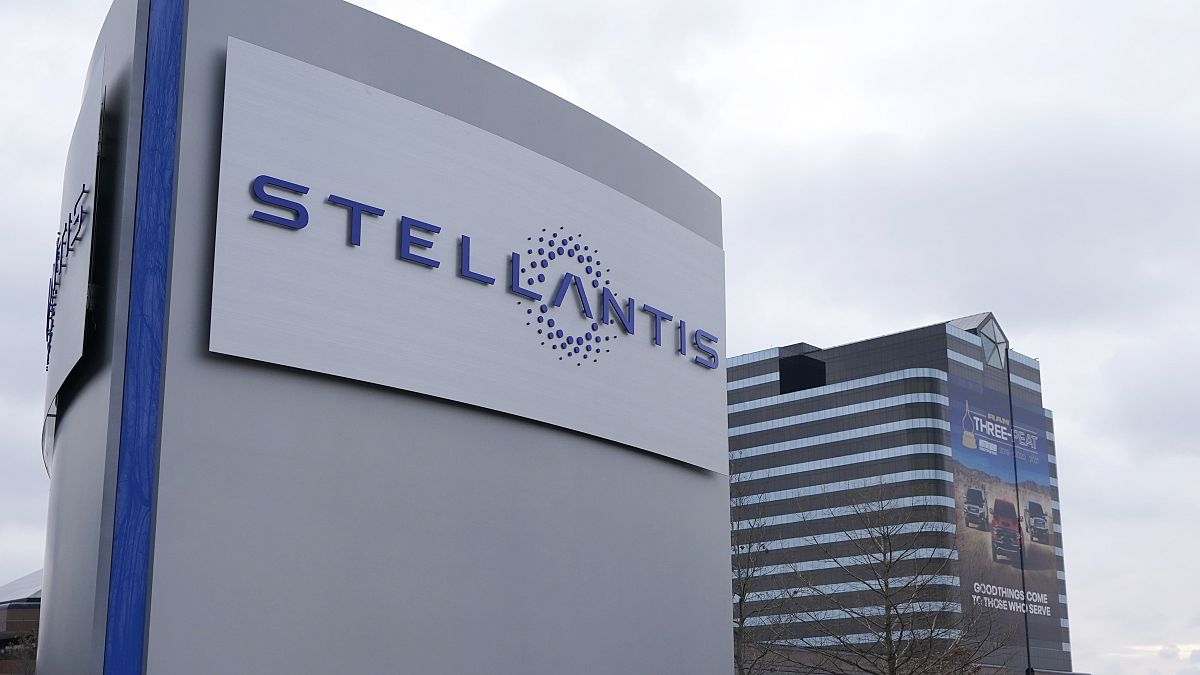A senior employee says government rules amount to “punishment” as demand for electric vehicles fails to pick up.
Multinational carmaker Stellantis, owner of brands including Vauxhall, Citroen, and Peugeot, could halt car production in the UK unless the state budges on its current EV quotas.
“Stellantis UK does not stop. Stellantis production in the UK could stop,” said Maria Grazia Davino, the firm’s UK managing director.
Speaking at the Society of Motor Manufacturers and Traders’ annual summit in London earlier this week, Davino said a decision would be made in “less than a year”.
The UK’s emissions targets require UK car manufacturers to sell a minimum percentage of fully electric cars, amounting this year to at least 22% of total sales.
Every non-compliant vehicle sold results in a fine of £15,000 (€17,760).
Moving forward, the UK government plans to ban the sale of new petrol and diesel cars by 2035, an easing of an initial goal – which named 2030 as the deadline date.
According to Davino, the current rules are too tough when considered alongside consumer habits.
“It is the lack of demand versus the regulation and its punishment if you don’t make it,” she said.
At the end of last year, Ernst & Young ranked the UK as the 5th best-prepared nation for the EV transition out of the world’s top 20 markets, forecasting 36% year-on-year growth in EV sales.
Even so, Davino said that demand is not yet robust enough to fulfill government quotas.
She argued that this could be tackled by developing charging infrastructure and by introducing consumer subsidies.
Stellantis currently manufactures electric vans in Northwest England, at its Ellesmere Port plant, and has previously said that it would be launching a production line of electric vans at its Luton base in southern England in 2025.
The viability of these projects could now hinge on the government’s next moves and therefore the upcoming UK election on 4 July.
